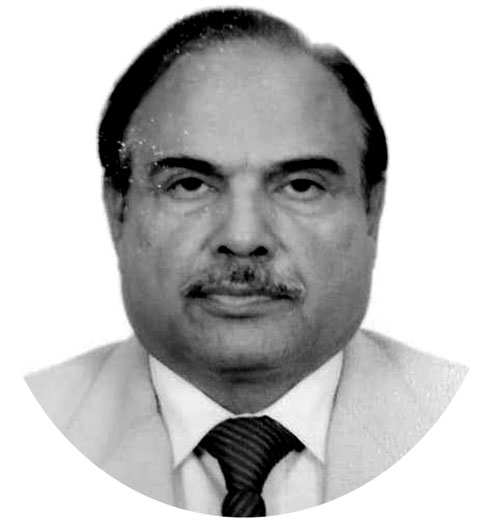PM’s invitation to political parties for electoral reforms
PRIME Minister directly invited the political parties to sit together with the government and discuss the use of electronic voting machines to reclaim the credibility of elections.
The government is determined and will put in place reforms in electoral system through the use of technology to bring transparency and credibility to our elections and strengthen our democracy.
Inviting the opposition parties again for talks on electoral reforms the government vowed to go ahead with its reforms plan even without their support, claiming to have the needed parliamentary strength to carry out most of the proposed changes to the election laws, including the use of electronic voting machines.
The government’s main proposals include the use of EVMs, change of formula for delimitation of constituencies right of participation in the election for overseas Pakistani, identifiable and open ballots for Senate polls, condition of at least 10000 members for registration of a political party, binding political parties to hold annual conventions, transparency in the appointment of the members of ECP and making it mandatory for an elected member to take the oath of office within 60 days after winning the election.
Moreover, these episodes erode the public faith in the system and democracy itself.
The events of the two recent NA by-polls in Daska and Karachi and the Senate polls this year, are an example of the mayhem that will unfold if political stakeholders don’t address electoral challenges before the next general election.
Reforms eliminate the involvement of those who rig the ballot box and it is in the collective interest of the political parties to accept this. Failure to do so will be a loss for everyone.
The opposition parties are opposing the use of EVMs terming it not viable for Pakistan. The government has suggested some 49 changes to the Elections Act 2017.
The section 103 would be amended to allow the use of EVMs. By amending Section 94 government wants to give the right of vote to the overseas Pakistanis.
There must be democracy within the political parties for which the government has suggested an amendment to section 202 under which a political party would have to submit a list of at least 10000 members for registration.
A new Section 2013 A is being added to the Act, making it compulsory for the registered political parties to hold their annual conventions to help party members to keep a check on the leadership.
Section 15 is being amended to allow the contesting candidates to challenge the appointment of poling staff within 15 days.
The government must take the lead, not just in proposing amendments but also in demonstrating its commitments to parliamentary debates.
Underpinning this exercise is trust. The opposition parties have little confidence in the government.
The Prime Minister on several occasions has talked of electoral reforms, but his party toxic relation ship with the opposition had left little room for engagement on this, or any other issue.
The government must prove their commitment to reforms with a consistent debate in Parliament, where the opposition feels it is being heard.
The latter, on its part, must not be quick to reject every proposal made by government if it seeks a resolution to the problem.
Pakistan is fortunate that its electoral system is linked to NADRA, which has several layers of identification for those registered with it.
A rigging proof system which cannot be manipulated through technical delays, is possible if political stakeholders sit together to make it so.
This unpleasant and dangerous trend of tainted elections must end, as it steals the right of the electorate to indicate their choice.
—The writer is former Federal Secretary Election Commission of Pakistan and currently Chairman National Democratic Foundation.










